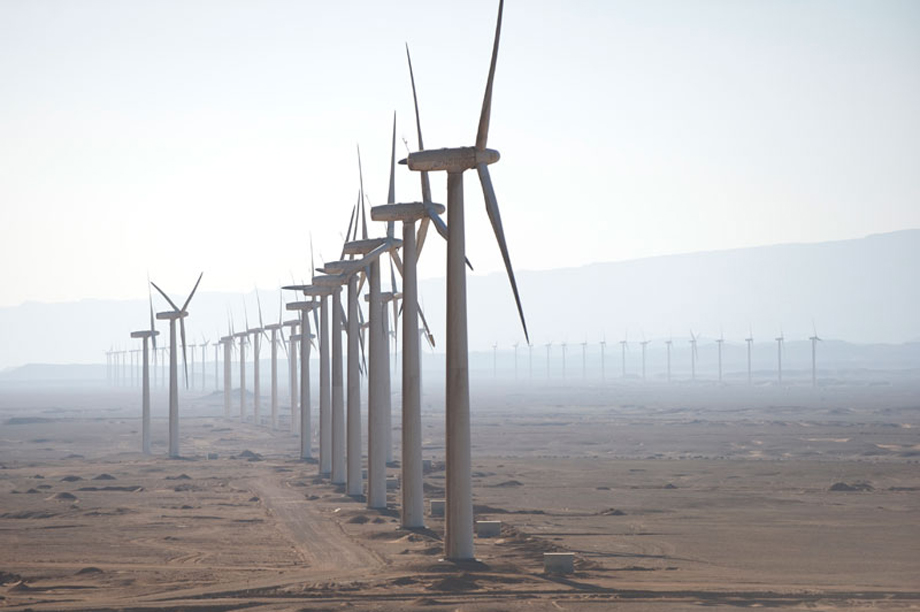The framework agreement allows for the two parties to jointly identify potential projects for investment.
Masddar and the EIB would then work together to finance and develop these projects. No details concerning the level of expected investment were released.
EIB vice-president Philippe de Fontaine Vive said: "This agreement will help to connect capital with project expertise in an effort to promote energy security."
The region's wind market has seen a sharp upturn in activity over the last year, with a number of countries moving towards utility-scale projects.
A report in June found that there are more wind projects in the pipeline than any other renewable technology in the Middle East and North Africa, despite the region's abundant solar resource.
In Jordan, the 117MW Tafilah wind project is close to becoming a reality, with the developers having secured a $221 million loan from the International Finance Corporation.
Last month, Kuwait, one of the world's biggest oil producers, launched a programme to install 2GW of renewable energy capacity by 2030, amounting to 15% of the country's electricity supply.
Siemens and Iberdrola have also announced that they will work together on smart-grid infrastructure in the Middle East to allow for the integration of more wind and solar energy.



.png)

HR.jpeg)
.png)








